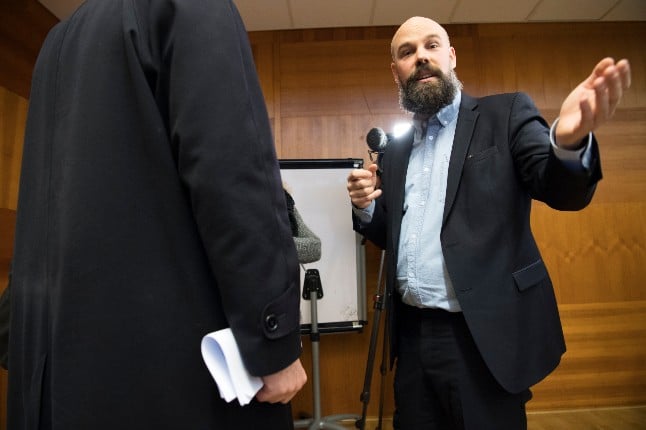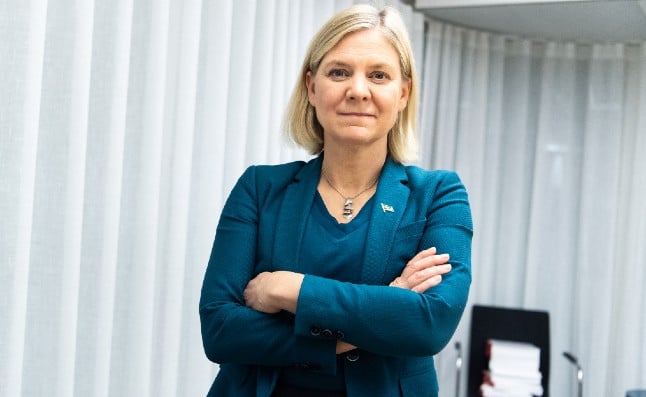p { margin-bottom: 0.25cm; line-height: 120%; }a:link { }
733 parents in total were forced to repay 14.8 million kronor in erroneous payouts in 2014, compared to the year before when 472 parents paid back 5.8 million.
Insurance controller Daniel Lundmark told news wire TT on Tuesday that the sharp rise is due to the Swedish Social Insurance Agency stepping up its work on investigating suspected benefit crimes.
“We have some criteria that flag up some cases. Exactly what those criteria look like, we won't communicate. It could also be that you have been involved in investigations before,” said Lundmark.
One parent was told to pay back 1.1 million kronor, an unusually high figure. The second highest last year was less than half and the average was 6,300 kronor per parent.
Sweden's generous welfare politics include paying out at least 80 percent of the salary to parents who stay at home to look after their children if they are sick. It is called 'VAB', which stands for 'Vård av barn' (Care of Children), and is very popular with Swedish mums and dads.
Last year parents claimed VAB payments for 5.9 million working days, and in February this year, parents stayed at home with their children for 680,224 days in total – a new record.
The Social Insurance Agency estimates that about a third of the cases being forced to repay the cash in 2014 intentionally tried to cheat the system and will be reported to the police. Usually, the mums and dads have claimed 'VAB', while still working and receiving their normal salary.
In the past few years, around 20-38 percent of reported benefit crimes have resulted in a conviction.




 Please whitelist us to continue reading.
Please whitelist us to continue reading.
Member comments